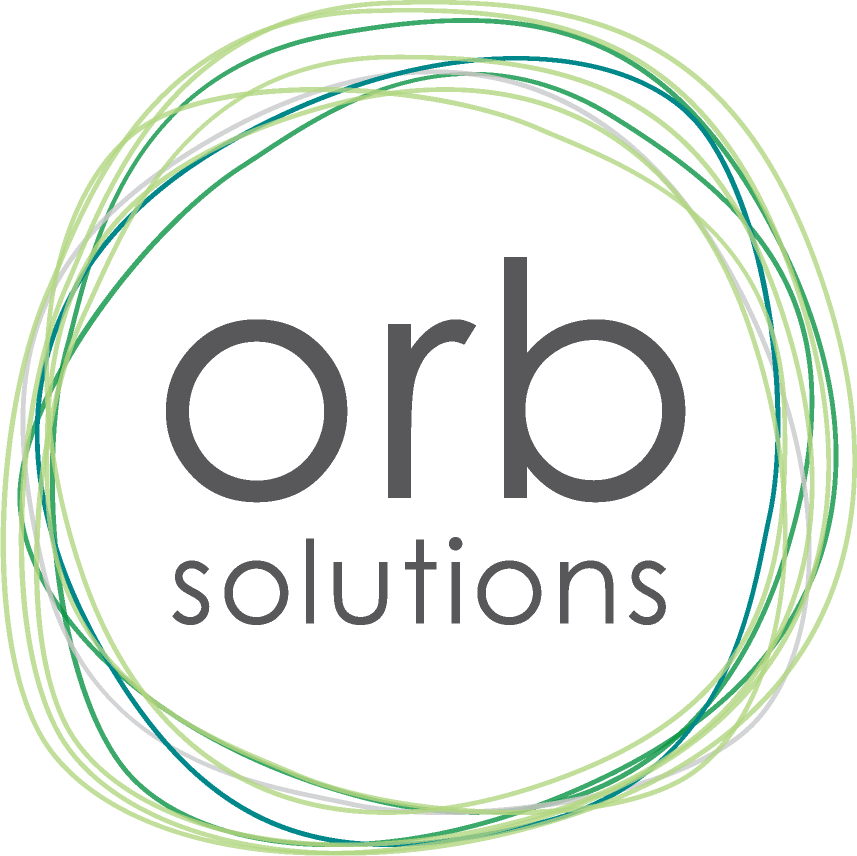Seeing the human.
The power of the mediation process was highlighted recently when a respondent, after hearing the perspective of the complainant and just as the mediation was about to close, asked for a short private session, to have a discussion on whether it would be offensive or disrespectful to the person to offer some monetary acknowledgment.
The other party had not put any quantum discussion forward as an option and had already indicated to the respondent they had felt heard, acknowledged, and that raising the complaint had already made a positive difference. They indicated they were in a very positive space as a result of the discussions taken place.
This request from the respondent highlighted for me the work of Ken Cloke, where he talks about the power of the mediation process, when it allows parties to see the other as a human being again. Often prior to a mediation parties talk about each other in dehumanising language and attitude and when you observe the parties making positive change, it is very humbling to witness it.
“One reason mediation works is that it makes adversaries human to one another…It acknowledges the existence of the emotional needs of the parties, and allows both sides to tell the inner truth, the subjective and emotional truth, along with the supposedly ‘objective’ truth.” Cloke adds:
“Mediation works because the motivation of disputants is made the centre and object of the process…it works because it accepts people as they are and allows them to change and become better; it does not judge their actions, but helps them to do what they believe is right…it accepts the human condition, while affirming its desire for self-improvement”
This mediation stood out to me because of the way all the parties in the room really took the time to hear each others truth and allowed space for the possibility of human errors from both sides.
If you know of people who are in a conflict situation (especially, if they have started using dehumanising language about each other) then mediation (or a facilitated conversation) may be of assistance. Contact me for a free confidential discussion to discuss options.






